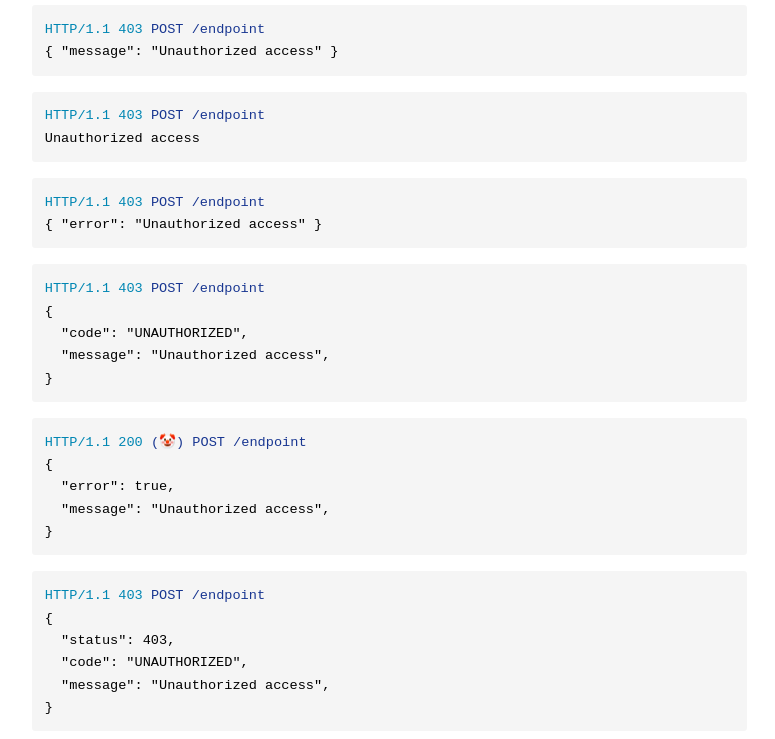this post was submitted on 30 Aug 2024
131 points (99.2% liked)
Programming
19828 readers
620 users here now
Welcome to the main community in programming.dev! Feel free to post anything relating to programming here!
Cross posting is strongly encouraged in the instance. If you feel your post or another person's post makes sense in another community cross post into it.
Hope you enjoy the instance!
Rules
Rules
- Follow the programming.dev instance rules
- Keep content related to programming in some way
- If you're posting long videos try to add in some form of tldr for those who don't want to watch videos
Wormhole
Follow the wormhole through a path of communities [email protected]
founded 2 years ago
MODERATORS
you are viewing a single comment's thread
view the rest of the comments
view the rest of the comments


If any client app is blindly converting body to JSON without checking (at the very least) content type and size, they deserve what they get.
If you want to make it part of your API spec to always return JSON that's one thing, but don't do it to make up for poorly written clients. There's no end of ways in which clients can fail. Sticking to a clear spec is the only way to preserve your sanity.